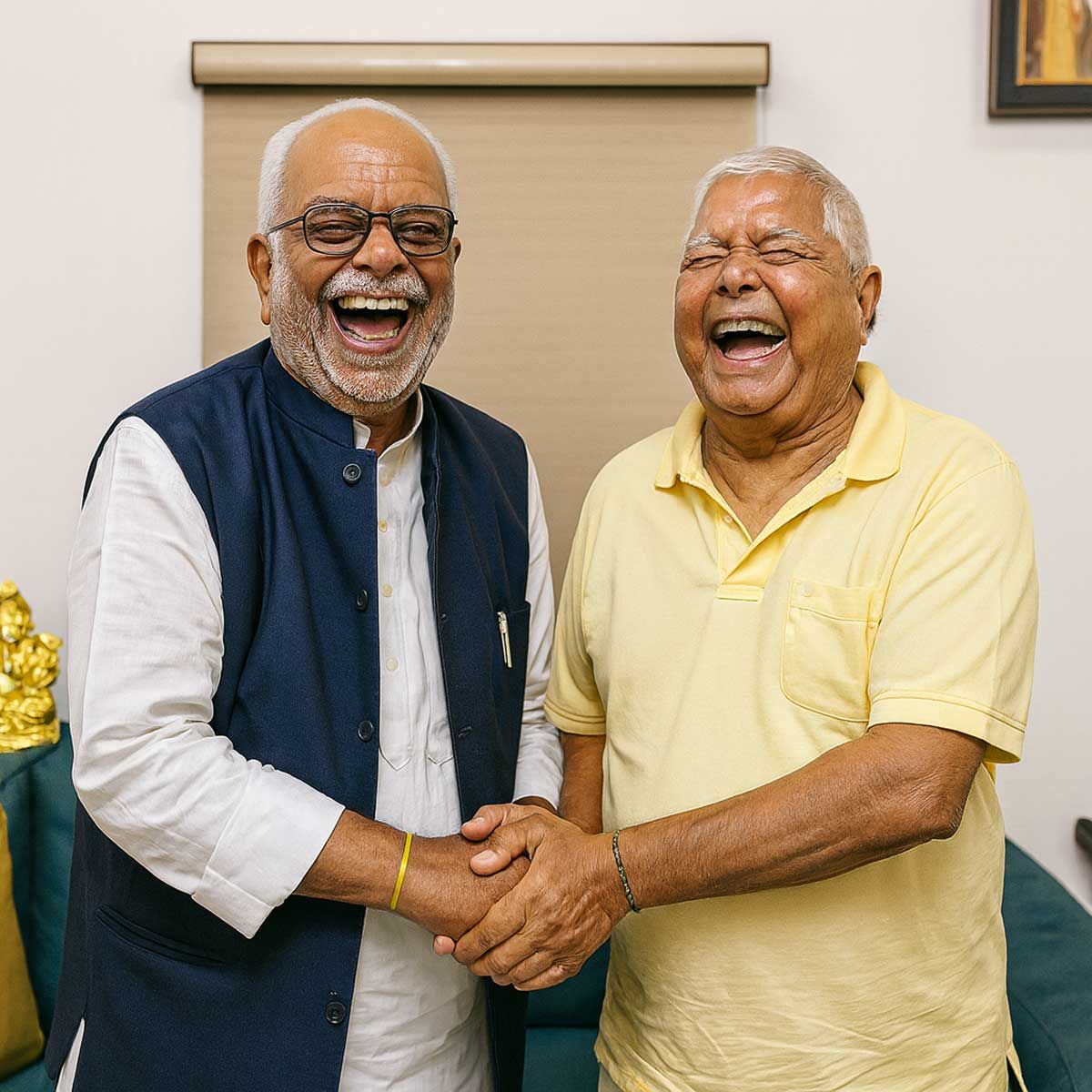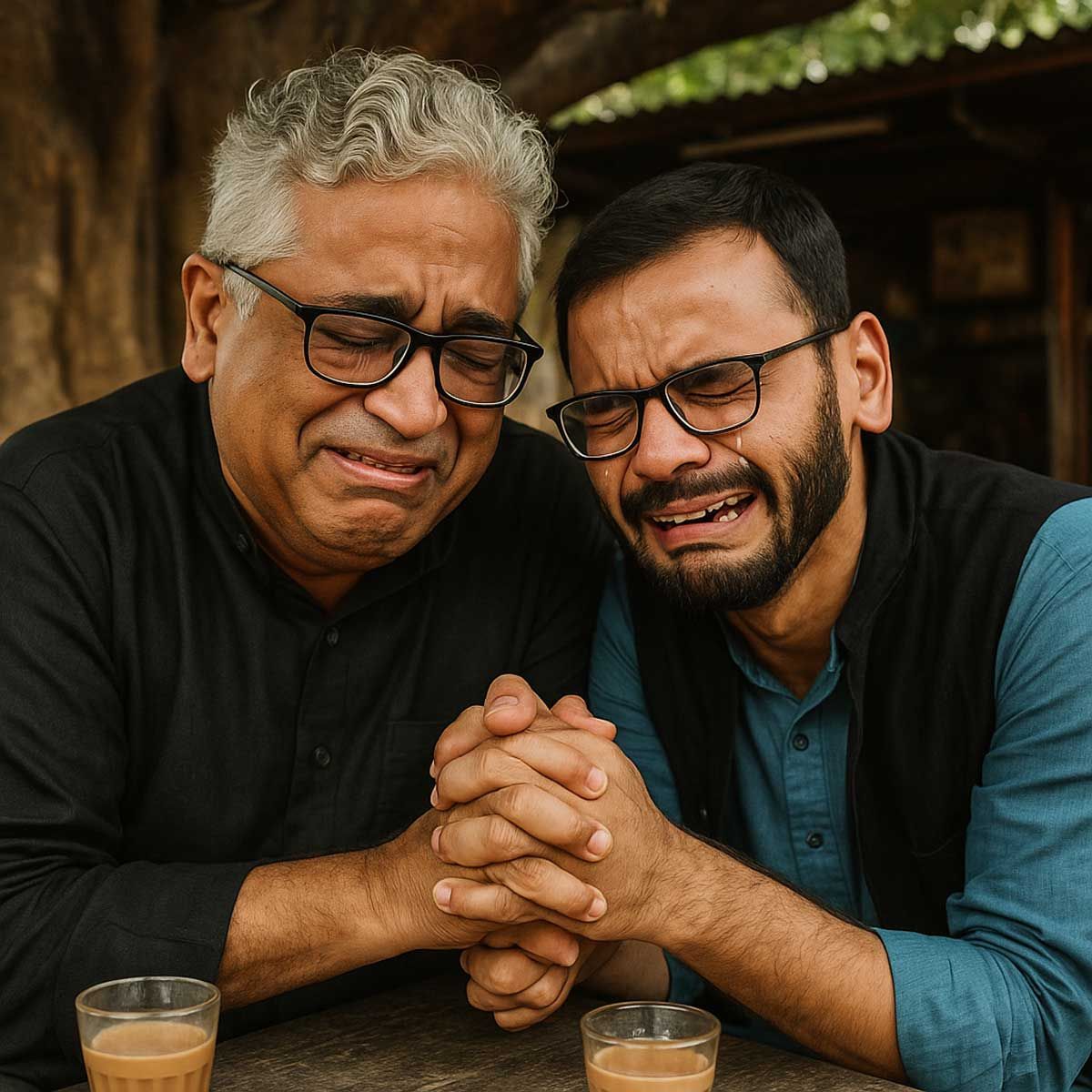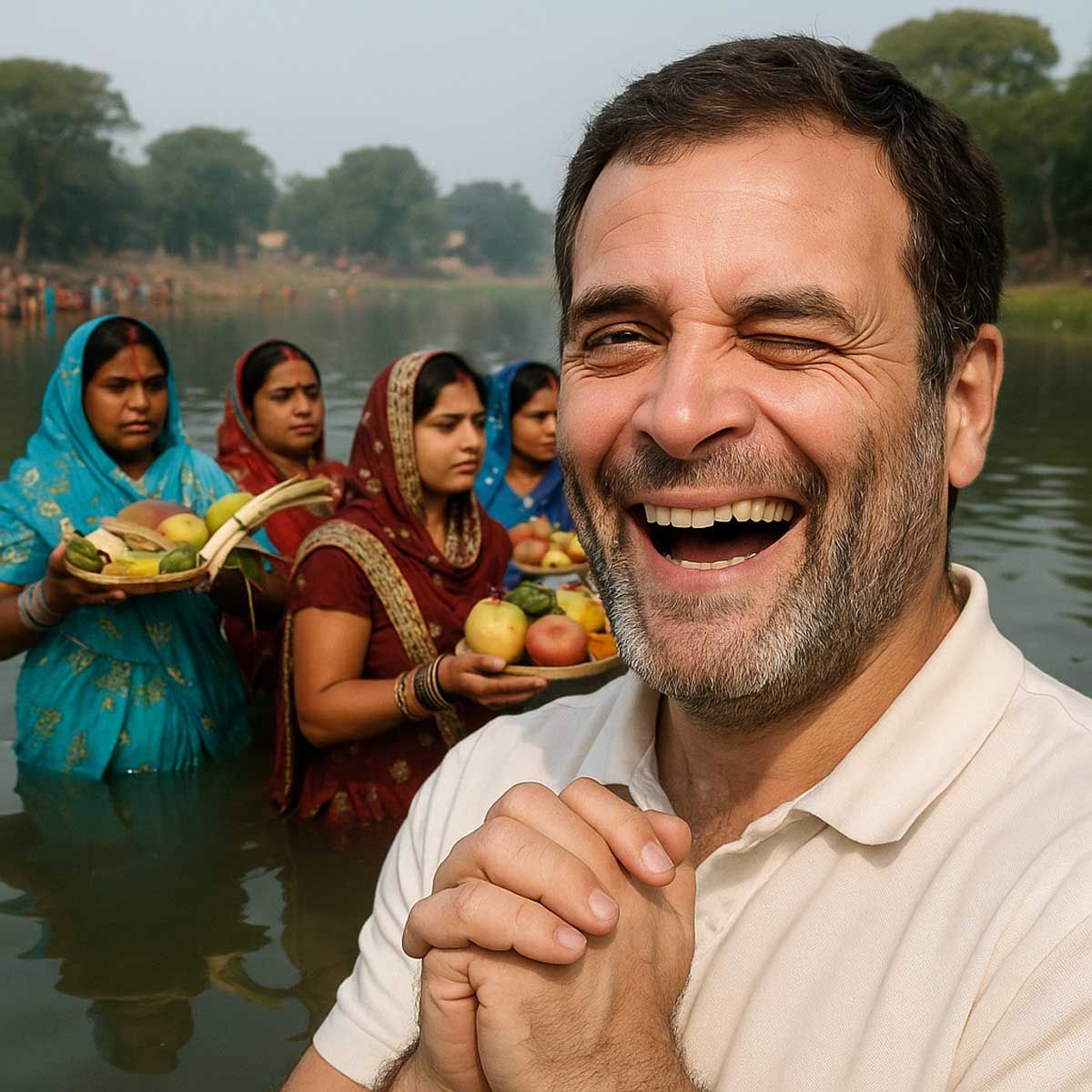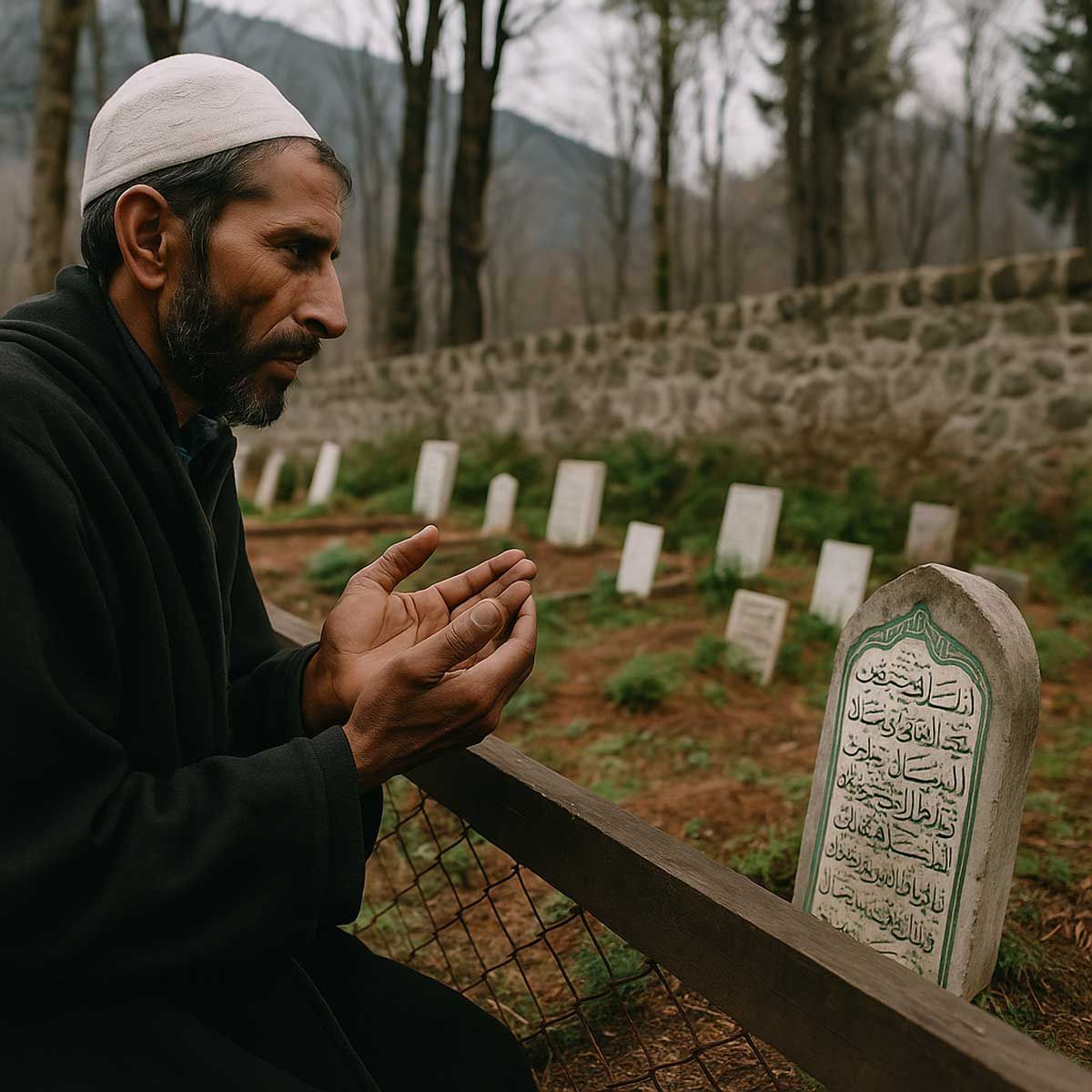More Coverage
Twitter Coverage
Satyaagrah
Written on
Satyaagrah
Written on
Satyaagrah
Written on
Satyaagrah
Written on
Satyaagrah
Written on
JOIN SATYAAGRAH SOCIAL MEDIA
"का का छी छी": Bikash Ranjan Bhattacharya accuses Mamata Banerjee of using a rate card for rape victims and buying witnesses; concerns deepen with reports of a hurried cremation in Kolkata, suggesting police involvement in covering up evidence
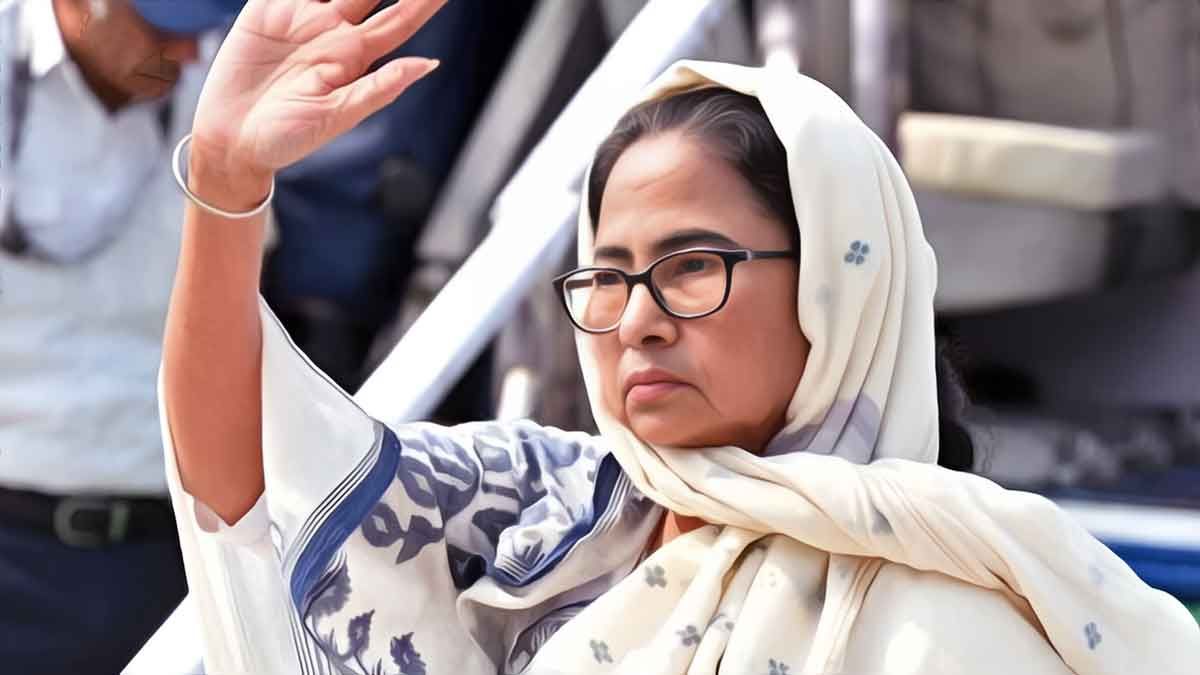
In a somber reflection of recent events, the aftermath of a tragic incident at the RG Kar Medical College and Hospital in Kolkata has continued to unfold. Over a week following the horrendous rape and murder of a junior doctor, a stark accusation has been levied against West Bengal Chief Minister Mamata Banerjee.
|
The victim’s family’s counsel, while speaking to ANI, provided a grim portrayal of the Chief Minister's alleged involvement in such cases. Advocate Bikash Ranjan Bhattacharya, representing the bereaved parents, has openly criticized the TMC leader's actions regarding the treatment of rape victims and their families.
In a profound statement, Bhattacharya highlighted, “You see, the role of the chief minister in the state of West Bengal is very condemnable. Wherever there is a rape, she wants to immediately get into the contact of the victim’s family, pay them money and then say everything is over,” his voice carrying the weight of the allegation.
The allegations continued to deepen as Bhattacharya accused Chief Minister Mamata Banerjee of not only interfering prematurely in such sensitive matters but also of establishing a questionable system of compensation for rape victims, which seemingly undermines the judicial process.
“Unfortunately, she has fixed up rate card for the rape victims. Under the law, they are entitled to get compensation but that should wait till the investigation is over. Her attempt is to purchase the witnesses. That attempt was made in this case also,” he emphasised, shedding light on the controversial practice that has been allegedly adopted under her governance.
Recounting the resolve of the victim's family, Bhattacharya remarked, “The parents of the victim girl refused it (money) because they didn’t want to be a part of the game played by the chief minister,” illustrating their determination to seek justice rather than accept hush money.
The advocate then turned his attention to what he perceives as the inadequate response of the local law enforcement. Critiquing the police's approach to handling the aftermath of the crime, he expressed profound dissatisfaction with their overall performance. “You see that police commissioner shouldn’t have done press conferences. Because we have seen that he is a complete failure in controlling the situation," Bhattacharya stated, questioning the priorities of the police leadership amidst the crisis.
Further elaborating on his concerns, he continued, “The activities of the police even after the report of this death, according to me, was not satisfactory. When police, instead of discharging their duty, comes forward to defend and counter the public opinion, public views, shows that the police is not up to the mark,” he pointed out, highlighting a perceived misalignment in the police force's responsibilities and actions.
Bhattacharya, who is not only an advocate but also a Communist Party of India (Marxist) leader and a Rajya Sabha MP, brings a unique perspective to the discussion, intertwining his legal expertise with his political insights. His accusations against both the state's chief executive and the local police force underline a deep-seated concern about governance and law enforcement in West Bengal, suggesting systemic issues that extend beyond this single, tragic event.
|
Kolkata doctor rape case: After parents allege ‘hurried cremation’, crematorium staff confirms ‘police push’
In a series of unsettling disclosures surrounding the tragic rape and murder of a 31-year-old doctor at RG Kar Medical College, the family of the deceased has raised serious concerns about the conduct of the Kolkata Police. On Monday, 19th August, further details came to light when the victim's father voiced grave misgivings about the manner in which his daughter's final rites were handled, implying undue haste on part of the authorities.
The father’s distress was palpable as he recounted the events at the crematorium, stating, “There were three bodies at the crematorium, but our daughter’s body was cremated first. The Chief Minister is talking about providing justice, but attempts are being…not satisfied with Mamata Banerjee and have refused to take any compensation,” clearly indicating his dissatisfaction with both the police's actions and the state government's response to his daughter's death.
This claim of a rushed cremation was corroborated by staff at the crematorium. In an interaction with the media, the manager of the facility revealed significant pressure from the police to expedite the process. He disclosed to the Times Now team that the police expressed concerns about potential decomposition, prompting an earlier cremation than planned. “There were a lot of policemen with the body (of the victim); the area had become very congested… We were told that there was a chance of the body getting decomposed… Police asked us if it can be done earlier (cremation of victim’s body),” the manager explained.
|
He further noted that the victim's parents did not object to the police's request, which led to the victim's body being cremated ahead of two others that were scheduled. This sequence of events has not only intensified the grief of the bereaved family but also sparked broader accusations against the Kolkata Police and Chief Minister Mamata Banerjee. The police force is now under scrutiny for potentially obfuscating evidence and undermining the investigation, while the Chief Minister faces accusations of politicizing the tragedy.
The ongoing scrutiny of West Bengal Chief Minister Mamata Banerjee's handling of rape cases within her state brings to light her starkly different reactions to similar incidents elsewhere in India, particularly in the case of the Hathras rape incident of 2020.
In the Hathras case, involving a 19-year-old Dalit girl who was brutally assaulted on 14th September and succumbed to her injuries on 29th September, a significant controversy arose over the circumstances of her cremation. Reports suggest that the victim was forcibly cremated at 2.25 am on 30th September without her parents' consent and in the presence of police, sparking widespread outrage and condemnation.
During this period, Chief Minister Banerjee was vociferous in her criticism of the Uttar Pradesh government's handling of the situation. She accused the BJP-led government at both the state and central levels of torturing the victim's family, stating, “The biggest pandemic is the BJP party. The BJP is a pandemic of atrocities and I will support every effort to stop these atrocities. What do you (BJP) think, your police will not let us meet the family. I can meet the family and you won’t even know. The daughter of Hathras is our daughter. If we are to brighten the country’s future, we have to stand beside Dalits and minority communities… Today, I am not a Hindu, I am a Dalit,” highlighting her solidarity with the marginalized communities and her intent to challenge the BJP's policies.
|
Banerjee's harsh words for the BJP, describing the party as "the biggest pandemic in the country," and her promise to stand against such atrocities contrast sharply with her alleged actions in similar cases within her own state. Critics argue that her response to incidents in West Bengal has been markedly different, often downplaying or dismissing them as politically motivated.
In the current case involving the hurried cremation of a rape and murder victim in Kolkata, the BJP accuses Banerjee of shielding the perpetrators and dramatizing her support for justice while actually instructing the Kolkata Police to settle the case quietly. This, coupled with past incidents where the state government was accused of engaging in victim-blaming and character assassination, as seen in the Park Street rape case, paints a picture of a political leader whose actions might not always align with her public declarations.
The handling of sexual assault cases in West Bengal under Chief Minister Mamata Banerjee has been fraught with controversy, particularly highlighted by the infamous Park Street rape case. This case involved an Anglo-Indian woman named Suzette Jordan, who was raped by five men in a moving car on February 6, 2012, as she returned home from Park Street in Kolkata. Despite the severity of the allegations, the immediate response from the state leadership was notably dismissive.
|
Shortly after the incident was reported, Mamata Banerjee, the leader of the Trinamool Congress (TMC), quickly absolved the accused, controversially labeling the incident as ‘shajano ghotona’ (concocted incident) and suggesting it was a plot to malign her government. This assertion was mirrored by TMC MP Kakoli Ghose Dhastidar, who openly cast doubts on the victim's character during a television interview, stating, “If you are referring to the Park Street case, see that’s a different case altogether. It’s not at all a rape case. It was a misunderstanding between two people in a professional dealing between the lady and her client.”
Furthermore, the then Transport Minister joined in the chorus of voices questioning the victim's credibility, calling her complaint fake. This collective stance from the government officials drew severe criticism and skepticism from various quarters. However, in a vindication of the victim's claims, a Kolkata Court in 2015 upheld the rape charges and found the accused—Nasir Khan, Ruman Khan, and Sumit Bajaj—guilty.
This pattern of dismissiveness was not isolated to the Park Street case. In the same vein, during another incident in Burdwan's Katwa, Mamata Banerjee preemptively dismissed the rape allegations even before the conclusion of the investigation, accusing political rivals of staging drama to tarnish the reputation of West Bengal. She remarked, “A political party is doing all this, shouting rape. They are playing this drama. Harmader diye natok shajachhe jatey Banglar nam kharap hochhe (They are staging an act to give a bad name to West Bengal),” underscoring her perception of these accusations as politically motivated rather than genuine calls for justice.
In 2013, during a legislative assembly debate concerning the increasing rape cases in West Bengal, the Chief Minister controversially attributed the rise to factors such as increased population, modernization, and the proliferation of shopping malls and multiplexes, indicating a broader social critique but also diverting from addressing systemic issues in law enforcement or governance.
These responses and actions highlight a significant disparity in how sexual assault cases are approached by Mamata Banerjee's administration, depending on the political and social context. This disparity not only affects the victims' quest for justice but also raises profound questions about the state's commitment to addressing and curbing sexual violence effectively.
|
RG Kar Medical College Rape and Murder Case
In a harrowing incident at RG Kar Medical College and Hospital in Kolkata, the semi-nude body of a female postgraduate trainee doctor was discovered inside the seminar hall on 9th August, marking a grim day for the institution and the community. The government-run hospital became the scene of a brutal crime that has since invoked outrage and a demand for stringent justice.
According to the distraught father of the victim, there were apparent attempts to "conceal the truth" regarding the circumstances surrounding his daughter's death. He firmly stated that she had been raped and killed within the hospital premises, setting off a series of investigations that would uncover chilling details.
The evening preceding the tragic discovery, the doctor had been dining with four coworkers around 2:30 am, following the excitement of watching Neeraj Chopra’s javelin throw event at the Paris Olympics. Seeking a moment to relax, she then proceeded to the seminar hall. It was here that the main suspect, Sanjay Roy, who was employed at the hospital's police outpost but not directly affiliated with the medical institution, was seen entering the premises on CCTV footage. This crucial piece of evidence led to his arrest on the following day, 10th August.
|
Roy's actions post-crime were calculated and chilling; he returned home, overslept, and attempted to clean the outfit he wore during the crime in a bid to eliminate evidence. However, police were able to recover his bloodstained shoes during their investigation, adding a significant piece of evidence against him.
The details of the autopsy report paint a horrifying picture of the last moments of the young doctor’s life. She was subjected to brutal torture before her death by suffocation. The report detailed "perverted sexuality" and "genital torture" that led to severe injuries in her private parts. Furthermore, her thyroid cartilage was shattered, indicative of the intense struggle she endured.
Additional injuries included marks on her lips, fingers, left leg, and abdomen, with sources suggesting that her head was forcefully slammed against a wall or the floor. It was reported that her mouth and nose were squeezed shut to silence her screams as she desperately tried to defend herself. The accused reportedly assaulted her physically before proceeding to rape and ultimately murder her. The autopsy also noted cuts on her hands and face, with shards of glass from her broken spectacles embedding into her eyes after a severe blow.
The initial postmortem findings clearly ruled out suicide, confirming that the trainee doctor had been sexually assaulted before her murder, further complicating the narrative and casting a shadow over the safety protocols in place at medical institutions.
 Support Us
Support Us
Satyagraha was born from the heart of our land, with an undying aim to unveil the true essence of Bharat. It seeks to illuminate the hidden tales of our valiant freedom fighters and the rich chronicles that haven't yet sung their complete melody in the mainstream.
While platforms like NDTV and 'The Wire' effortlessly garner funds under the banner of safeguarding democracy, we at Satyagraha walk a different path. Our strength and resonance come from you. In this journey to weave a stronger Bharat, every little contribution amplifies our voice. Let's come together, contribute as you can, and champion the true spirit of our nation.
 |  |  |
| ICICI Bank of Satyaagrah | Razorpay Bank of Satyaagrah | PayPal Bank of Satyaagrah - For International Payments |
If all above doesn't work, then try the LINK below:
Please share the article on other platforms
DISCLAIMER: The author is solely responsible for the views expressed in this article. The author carries the responsibility for citing and/or licensing of images utilized within the text. The website also frequently uses non-commercial images for representational purposes only in line with the article. We are not responsible for the authenticity of such images. If some images have a copyright issue, we request the person/entity to contact us at This email address is being protected from spambots. You need JavaScript enabled to view it. and we will take the necessary actions to resolve the issue.
Related Articles
- "जाको राखे दीदी": CBI takes charge of the Kolkata rape case amid allegations of hospital evidence tampering, with BJP accusing officials of destroying the crime scene under the guise of renovation; the victim's family was misled about her tragic murder
- "मेरा मुल्क, मेरा देश, मेरा ये वतन": In response to the brutal murder at RG Kar College, Kolkata Police arrest student Kirti Sharma and others; TMC leaders threaten dissenters with violence, warning that those who criticize will have their fingers broken
- "जनता की याददाश्त": In a chilling recall of Kolkata's escalating violence, an unidentified woman’s brutally injured body found in Anandapur following the horrifying RG Kar Hospital rape & murder case, BJP slams Mamata Banerjee for failing to protect women
- "Enough is enough:" President Murmu declares on the Kolkata doctor's rape-murder case, asking, "Where have we erred? And what can we do to remove the errors?" as she demands urgent reforms to protect women and end societal indifference
- Kolkata erupts in outrage as residents turn off lights in solidarity, Swiggy and Zomato partners lead massive protest, uniting thousands to demand justice for the brutally murdered RG Kar doctor, accusing Mamata Banerjee’s govt of a failed investigation
- "जिंदगी के बाद भी": CBI reveals shocking illegal activities at Kolkata’s RG Kar Hospital, including videos of sex with dead bodies in the morgue, a thriving porn racket, missing bodies, deep corruption, and the unresolved murder of student Soumitra Biswas
- "असीमित क्रूरता": Autopsy reveals Sanjoy Roy, a Kolkata police volunteer and trained boxer, slammed the doctor’s head against a wall, breaking her neck, while glass shards pierced her eyes as she fought to resist before being brutally raped and murdered
- "किजिये मीटिंग मीटिंग": In response to the 'absolute failure of state machinery,' Calcutta High Court lambasts the West Bengal govt, threatening to close RG Kar Hospital & relocate patients, while ordering a CBI probe into the alarming vandalism incident
- Junior doctors in Kolkata are on a fast-unto-death demanding justice for a murdered colleague and better healthcare conditions; Aniket Mahato, a key protestor, is critically ill in the ICU, IMA and private hospitals support the growing movement for change
- "पर्दा है, पर्दा ": Outrage in Kolkata as 42 doctors transferred and a student is arrested for criticizing Mamata Banerjee, amid protests over the horrific rape-murder of a junior doctor at RG Kar Medical College; Nirbhaya's mother demands accountability
- "Reclaim the Night": A seismic movement echoing across West Bengal under CM Mamata Banerjee, poised to profoundly shake the govt's roots in response to the brutal rape and murder of a doctor, left with a broken neck, damaged eyes & severe genital injuries
- "खेला होबे — Don’t expect anything from me”: New Principal Suhrita Pal loses her cool at RG Kar Hospital amidst escalating tensions over a trainee doctor’s murder and rape, with gym trainer involvement & Kolkata Police accused of bullying and suppression
- "जब नाश मनुज पर छाता है": Kolkata erupts in chaos as police unleash tear gas, water cannons & lathi charge on peaceful 'Nabanna Abhijan' protestors demanding Chief Minister Mamata Banerjee's resignation over mishandling of the RG Kar Medical College case
- "विनाशकाले": After the Kolkata doctor rape and murder, now an IAS officer’s wife raped twice at gunpoint while her husband posted outside Bengal, with police purposely delaying the case, Calcutta High Court lambasted Mamata Banerjee's govt for its failure
- “The government is hanging me”: Sanjay Roy, accused in the RG Kar Medical College rape-murder case, claims he is being framed by the govt as his daily trial starts November 11 with CBI presenting DNA evidence, CCTV footage, and mobile location records
















